The United States during talks with the Taliban in Doha, Qatar, over the weekend agreed to provide humanitarian aid directly to the Afghan people, State Department spokesman Ned Price said in a statement.
Price said an interagency delegation traveled to Doha to meet with senior Taliban representatives on Oct. 9 and 10, marking the first direct talks between the former foes since the chaotic withdrawal of U.S. troops at the end of August.
The two sides “discussed the United States’ provision of robust humanitarian assistance, directly to the Afghan people,” Price said, adding that the U.S. delegation focused on security and terrorism concerns and safe passage for U.S. citizens, other foreign nationals, and the country’s Afghan partners.
The United States also highlighted human rights concerns in Afghanistan, including “the meaningful participation of women and girls in all aspects of Afghan society,” Price said.
“The discussions were candid and professional with the U.S. delegation reiterating that the Taliban will be judged on its actions, not only its words.”
Taliban political spokesman Suhail Shaheen said that the movement’s interim foreign minister assured the United States during the talks that the Taliban is committed to seeing that Afghan soil isn’t used by extremists to launch attacks against other countries.
On Oct. 9, however, the Taliban ruled out cooperation with Washington to contain the increasingly active ISIS terrorist group in Afghanistan.
ISIS, an enemy of the Taliban, has claimed responsibility for a number of recent attacks, including the Oct. 8 suicide bombing that killed 46 minority Shiite Muslims. Washington considers ISIS its greatest terrorist threat emanating from Afghanistan.
“We are able to tackle Daesh independently,” Shaheen said when pressed on whether the Taliban would work with the United States to contain the ISIS affiliate. He used an Arabic term for ISIS.
Prior to the arrival of the Taliban leadership in Kabul, many in Afghanistan, one of the world’s poorest nations, had already struggled to feed their families amid severe drought. Now with the economy collapsing and the Taliban’s newly declared government isolated and yet to secure international recognition, aid agencies say millions face starvation.
U.N. Secretary-General António Guterres said in September that Afghans “need a lifeline,” citing the “spiraling” poverty rate in the country.
“After decades of war, suffering, and insecurity, they face perhaps their most perilous hour. Now is the time for the international community to stand with them,” he said. “And let us be clear, this conference is not simply about what we will give to the people of Afghanistan. It is about what we owe.”
Linda Thomas-Greenfield, the U.S. ambassador to the United Nations, said the United States is “committed to providing humanitarian assistance” for and assisting Afghans.
According to the U.S. Agency for International Development, the United States is the largest humanitarian donor to Afghanistan, with up to nearly $330 million in financial support this year alone.
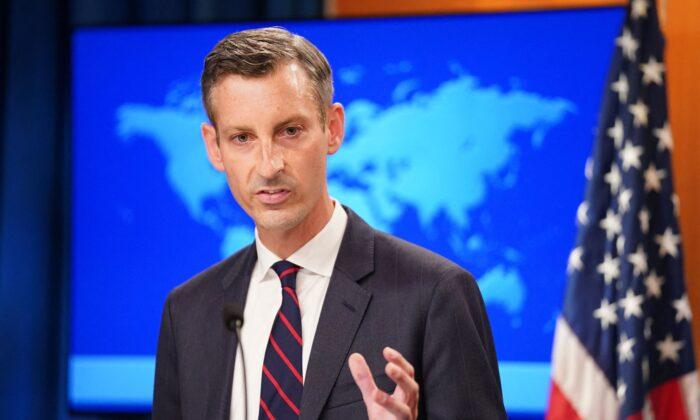

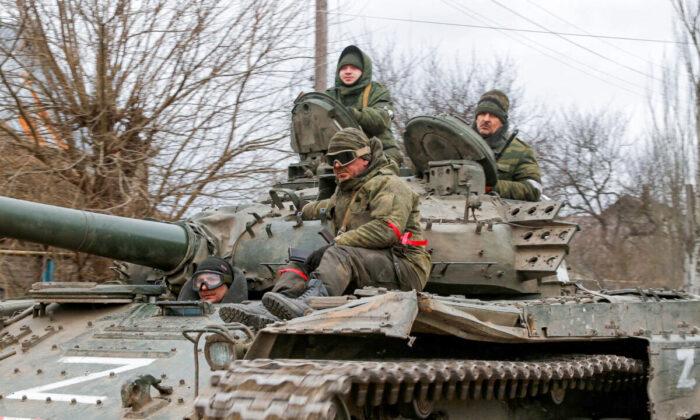
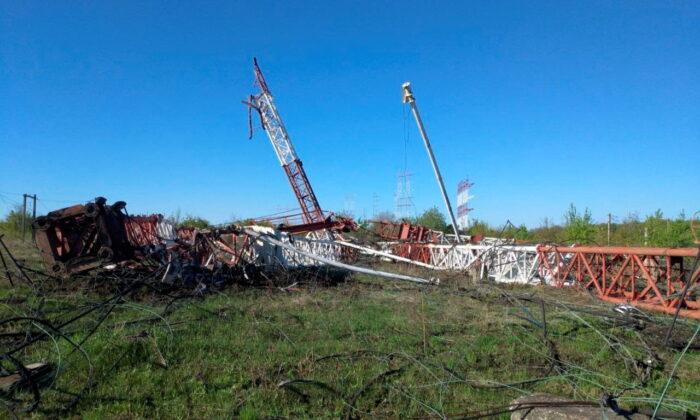
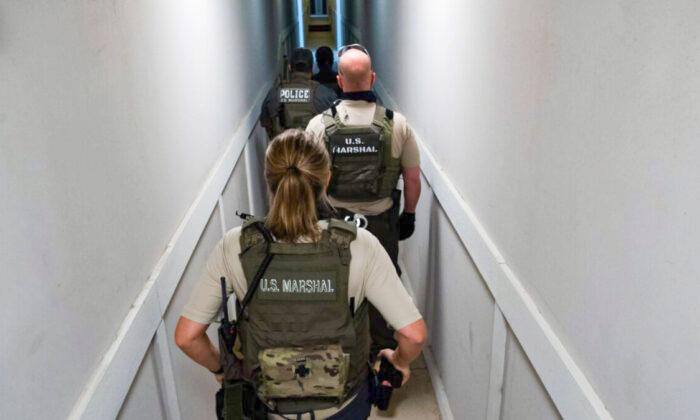
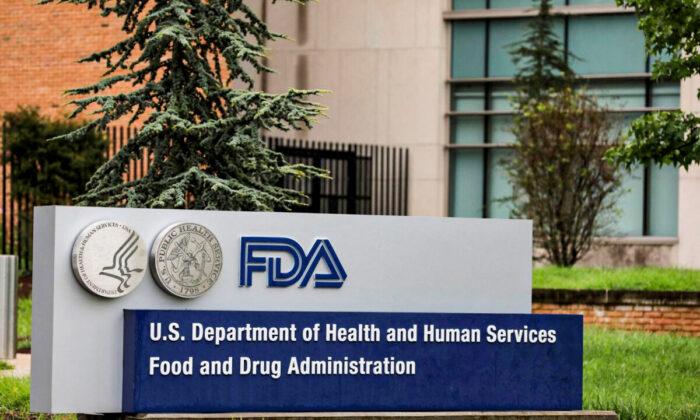
Friends Read Free